Music Feature
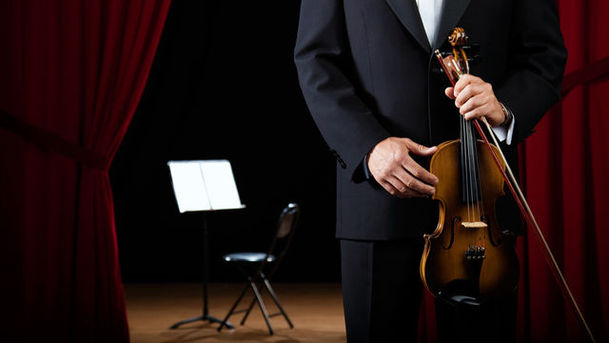
Programmes exploring music and music-related subjects
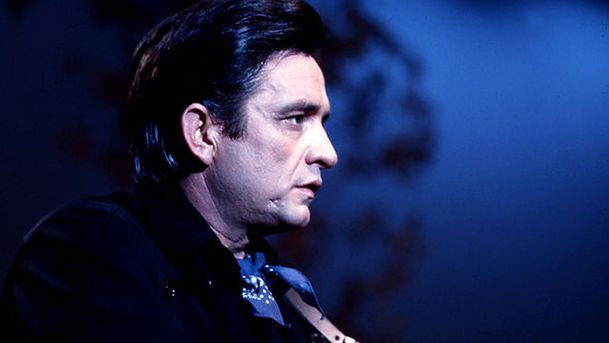
Music Feature - 40 Years from Folsom
Matthew Bannister recalls Johnny Cash's historic 1968 concert at Folsom Prison in California, one of the most famous live recordings ever made.
Details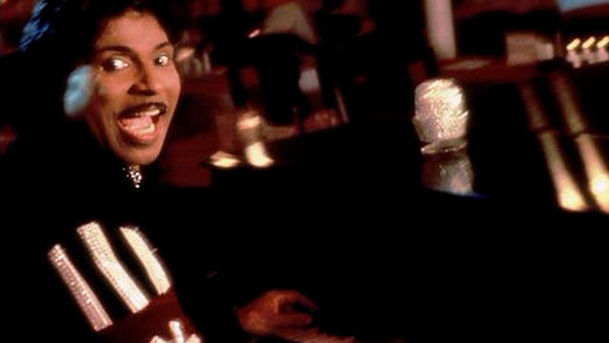
Music Feature - 50 Years of Little Richard
Sarfraz Manzoor interviews the influential rock and roll musician Little Richard about his life and career.
Details
Music Feature - Angelic Voices
Jeremy Summerly takes a look at the history of the boy choristers who have sung the daily liturgy in English cathedrals and collegiate churches for fourteen hundred years.
Details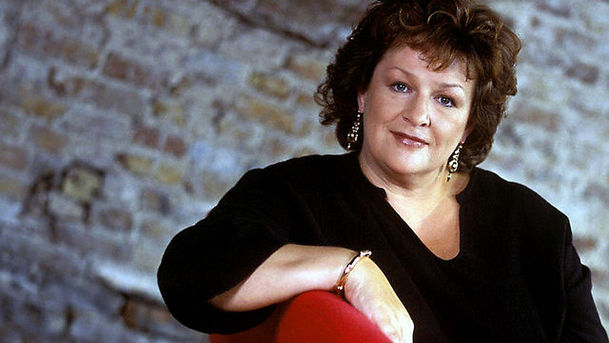
Music Feature - Celebrating Cecilia
Catherine Bott tells the story of St Cecilia, the patron saint of music, examining her role as martyr, saint and muse for some of the great works of music and literature.
Details
Music Feature - Gershwin's Horns
Rainer Hersch explores the musical significance of unusual instruments, including cannons, car horns, anvils, typewriters and salad bowls.
Details
Music Feature - Hip Hop China-Style
Hip-hop artists in Beijing are unearthing forgotten parts of the Chinese language and traditional instruments. Stephen Armstrong explores this distinctive fusion of East and West.
Details
Music Feature - I Should Be Proud
Martha Reeves investigates how the attitude of black America to Vietnam shifted over the course of the war, through music and the civil rights movement
Details
Music Feature - Killer Bs
Journalist Anthony Barnes celebrates a virtually extinct aspect of the music industry, the B-side of a record. Contributors include Tim Rice, Paul Gambaccini and Gloria Gaynor.
Details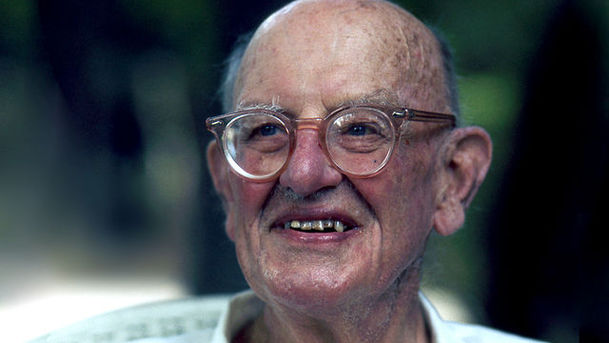
Music Feature - Musical Comedy Was My Dish
Ben Elton explores a forgotten side of his greatest literary hero. PG Wodehouse wrote lyrics for hundreds of songs which appeared in many musical comedies.
Details
Music Feature - Paying the Piper: The Coal-Man and the Hosier
The story of the hosiery manufacturer who introduced Beethoven to England and the coal merchant whose musical gatherings attracted the greatest musicians of the late 17th century.
Details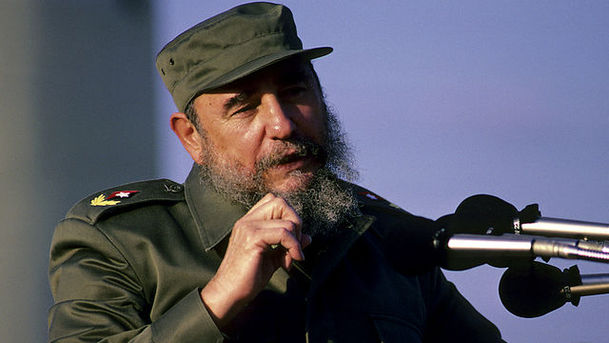
Music Feature - Playing Castro's Tune
Stephen Evans travels to Cuba to look for the links between the country's music, its revolution and the impact that social political and social changes have had on the music and musicians' lives
Details
Music Feature - Puccini: Touched by the Little Finger of the Almighty
James Naughtie re-evaluates the reputation of the composer Giacomo Puccini, who was born 150 years ago.
Details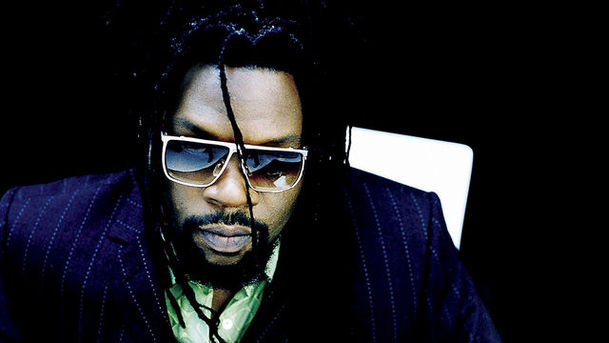
Music Feature - Soul II Soul
Trevor Nelson tells the story of the influential band Soul II Soul, which grew to become a voice for young black people in Britain in the late 1980s and early 90s.
Details
Music Feature - The Blues Dance
Don Letts tells the story of the Blues Dance or Jamaican private club in Britain. Crowds gathered to listen and dance to heavy bass lines of reggae, pumped out from huge speakers.
Details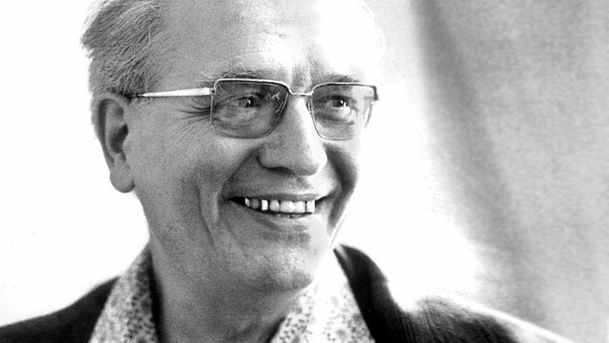
Music Feature - The Golden Oriole
Ornithologist Stephen Moss explores French composer Olivier Messiaen's fascination for using birdsong in his music and how it became a refuge from watching his wife's slow death.
Details
Music Feature - The Greek Blues
Rock critic Peter Paphides goes back to Athens, the city where his parents grew up, to chart the history and roots of Rembetika, the Greek blues.
Details
Music Feature - The King of Light Music
Alasdair Molloy explores the career of Eric Coates, best known for his signature tune to Desert Island Discs and The Dambusters March.
Details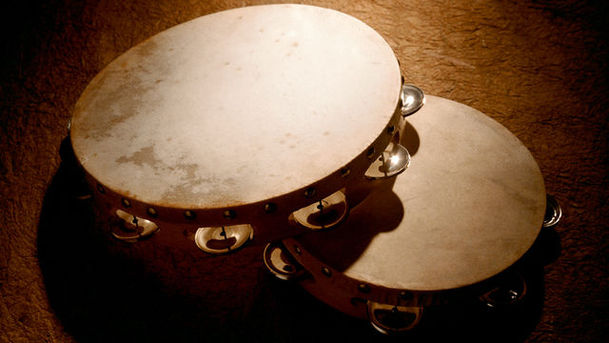
Music Feature - The Life and Times of the Tambourine
Huw Williams traces the history of the tambourine, from the Middle East to Stravinsky, Motown and the Sugababes. Contributors include Craig Reid of The Proclaimers.
Details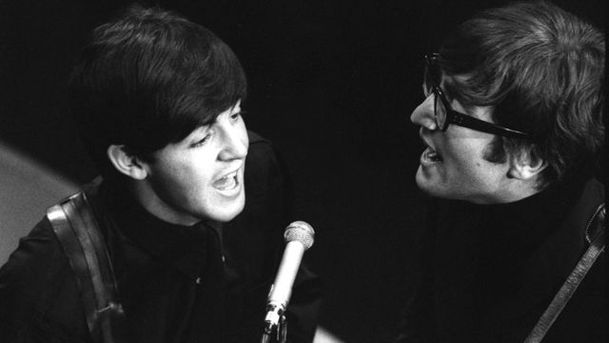
Music Feature - The Lost Beatles Interview
Helen Shapiro presents the story of a lost TV interview with the Beatles recorded in April 1964 and recently found languishing in a rusty film can in a garage in South London.
Details
Music Feature - The Nun Who Nurtured Reggae
Jonathon Charles tells the story of Sister Mary Ignatius Davies, who ran the music programme at a school for wayward boys in Jamaica for 64 years until her death in 2003.
Details
Music Feature - To Sing Like Bing
Alyn Shipton traces the career of master crooner Bing Crosby
Details
Music Feature - Tuning Into the Enemy
A story of truth and reconciliation in post-Apartheid South Africa between a secret policeman and a protesting rock musician whose career he systematically wrecked.
Details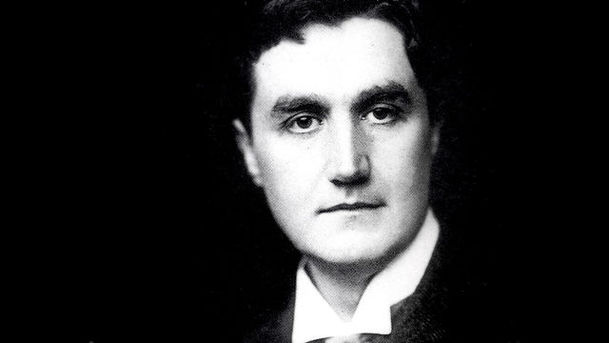
Music Feature - Vaughan Williams: Late Love, Late Life
Julian Lloyd Webber examines the impact of composer Ralph Vaughan Williams's affair with Ursula Wood on his life and music. The affair began in 1938, when he was 66 and Ursula 25.
Details
Music Feature - Why Do We Sing?
Gareth Malone explores how man developed the vocal capability to sing hundreds of millions of years ago and how this changed and developed as man evolved.
Details